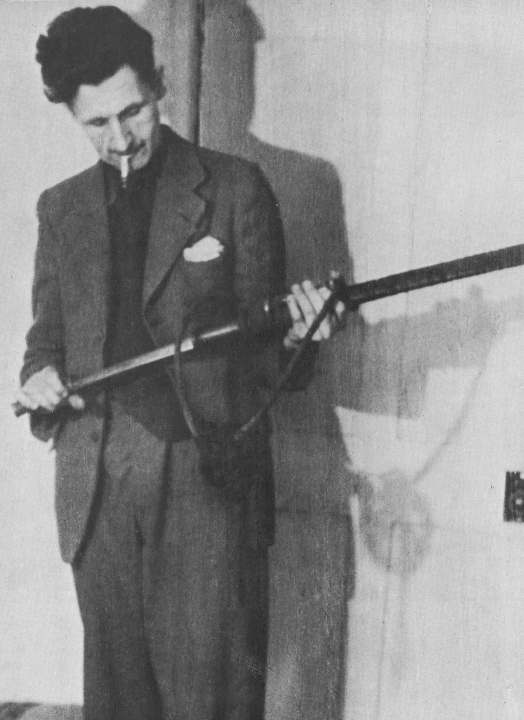Utopias don’t often end well. Usually they just fall flat, but sometimes they fall spectacularly apart. Shangri-las, you could say, have a nasty habit of becoming shambolic.
It’s not just madmen like Jim Jones and August Engelhardt who fail to realize Edens. Perfectly reasonable souls like George Ripley and Bronson Alcott saw their farms turn fallow, their dreams go awry. Creating a better way is complicated business.
The common denominator of these failures: human beings. Wonderful though we are, we tend to make a mess.
Recently read Jordan Harrison’s 2011 play Maple and Vine, a drama about a couple bedeviled by the technological world who quit society and join a gated community that’s “set” in the 1950s, a place that has gone an awful long way to “make America great again.” It becomes apparent over time that it isn’t so much the modern world as the human condition that the “escapees” are primarily fleeing.
Self-sustaining cultures are difficult to manage for a variety of financial and logistical reasons, but a considerable obstacle is that we bring our humanness, that blessed and cursed thing, with us as we sail into the “new world.” To quote the Professor Irwin Corey: “Wherever you go, there you are.”
In Emma Green’s excellent Atlantic piece, the reporter looks at Americans who want out of the new abnormal, a place that seems to them tricked out, dumbed down and Trumped up. The connective tissue of the many “intentional communities” she visited is environmentalism, but they’re also trying to evade politics, which, I’m afraid, is unavoidable. The opening:
For the last eight years, Nicolas and Rachel Sarah have been slowly weaning themselves off fossil fuels. They don’t own a refrigerator or a car; their year-old baby and four-year-old toddler play by candlelight rather than electricity at night. They identify as Christian anarchists, and have given an official name to their search for an alternative to consumption-heavy American life: the Downstream Project, with the motto to “do unto those downstream as you would have those upstream do unto you.”
As it turns out, exiting the system is a challenging, time-consuming, and surprisingly technical process. Here in the Shenandoahs and central Virginia, a handful of tiny communities are experimenting with what it means to reject the norms of contemporary life and exist in a radically different way. They seem to share Americans’ pervasive sense of political alienation, which arguably reached an apotheosis with the election of Donald Trump: a sense of division from their peers, a distrust of government. The challenges of modern politics—dealing with issues like climate change, poverty, mass migration, and war on a global scale—are so vast and abstract that it’s difficult not to find them overwhelming. But instead of continuing in passive despair, as many Americans seem to do, the people in these communities decided to overhaul their lives.
These communities show just how hard it is to live without fossil fuels, a government safety net, or a system of capitalist exchange. They struggle with many of the same issues that plague the rest of America, including health problems, financial worries, and racism. At the center of their political lives is a question that every American faces, but for them, it’s amplified: whether to save the world or let it burn.
Their answers are different, but they share one thing. They’ve seen what modern American life looks like. And they want out.•


